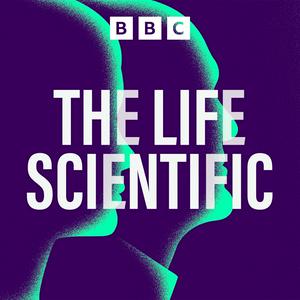Imagine if you were listening to an opera or a Taylor Swift concert, and as the lights in the auditorium dimmed, the music was accompanied by a rainbow of colours only you could see. Perhaps while listening to your friends talking, you simultaneously experience a smorgasbord of tastes, with different words evoking different flavours, maybe a delicious ice cream, or something as disgusting as ear wax...
This merging of the senses is known as synaesthesia, and it’s the rich research world of neuropsychologist Professor Julia Simner. Julia runs the Multisense lab at the University of Sussex and has pioneered research into understanding how special brains process our sensory world in special ways. In the studio she tests Jim to see if he might be a synaesthete or have aphantasia, which is the inability to view images in the mind’s eye. The results are surprising.
Julia’s discovered links to autism, and to different personality types, as well as a number of previously unknown sensory differences.
She describes her career and her life as a series of swerves, or sliding door moments, that have led her to study the subject and the people she’s passionate about. She says that the more she looks for these unusual traits in us the more she finds.
Presenter Jim Al-Khalili
Producer Geraldine Fitzgerald
Executive Producer Alexandra Feachem


